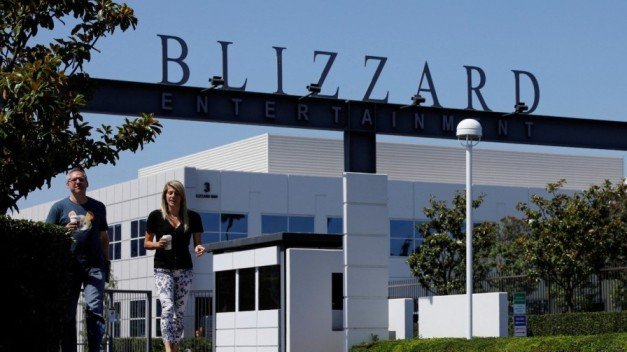
How Microsoft is carving a space in metaverse through its Activation Blizzard Deal?
With the overwhelming announcement of Microsoft’s acquisition of Activision Blizzard -The American video game company that has made games like Call of Duty, Diablo, Overwatch and Warcraft at a whopping $68.7bn, Microsoft has been propelled to the spot of third-largest gaming company globally behind only Tencent and Sony.
Much has been talked about Microsoft’s now firmer standing in the gaming domain in contrast to its rival Facebook’s in the social media real. Analysts are alluding that the big acquisition is not a one-step strategy but a multi-tiered formula in Microsoft’s attempt to win the metaverse race. All this is in the backdrop of Microsoft taking an increasing interest in upping its virtual and augmented reality game by launching HoloLens- its in-house developed mixed reality smart glasses. Before we further move down to the threads of how the deal is related to the metaverse, let’s attempt to unclutter this pretzel of metaverse first.
Facebook CEO, Mark Zuckerberg last year in an animated clip, circulated virtually, postulated an alternative space parallel to the real world where real-time interactions will have completely new meanings. In a simpler fashion, he suggested he and the company are working to build a futuristic framework where users will be able to create their digital avatars and interact with other avatars and platforms in the virtual space. He coined his newfound world of alternative reality ‘metaverse’, a truncated form of which is invoked to refer to the multi-billion-dollar company now.

How are metaverse and Microsoft’s acquisition of Activision Blizzard related?
As is evident, the concept of the metaverse is dominated by the talks of mixed reality. The very first usages of these highly talked about technologies are going to be in the spheres of gaming. With the strides Microsoft is taking to full its kitty with the major game giants and interest in developing virtual reality supporting devices, it can be inferred that Microsoft is aiming to conflated its technological expertise from the virtual reality experiments with applications in gaming platforms to create something of the sort of metaverse.
It is of prime consideration that Microsoft already has Xbox Console. With the games available on it, if they can be tweaked to give them an edge in terms of interactivity and virtual reality experience, Microsoft is going to be a formidable force in the metaverse space, the term which originally gained currency riding on the back of its rival’s marketing.

